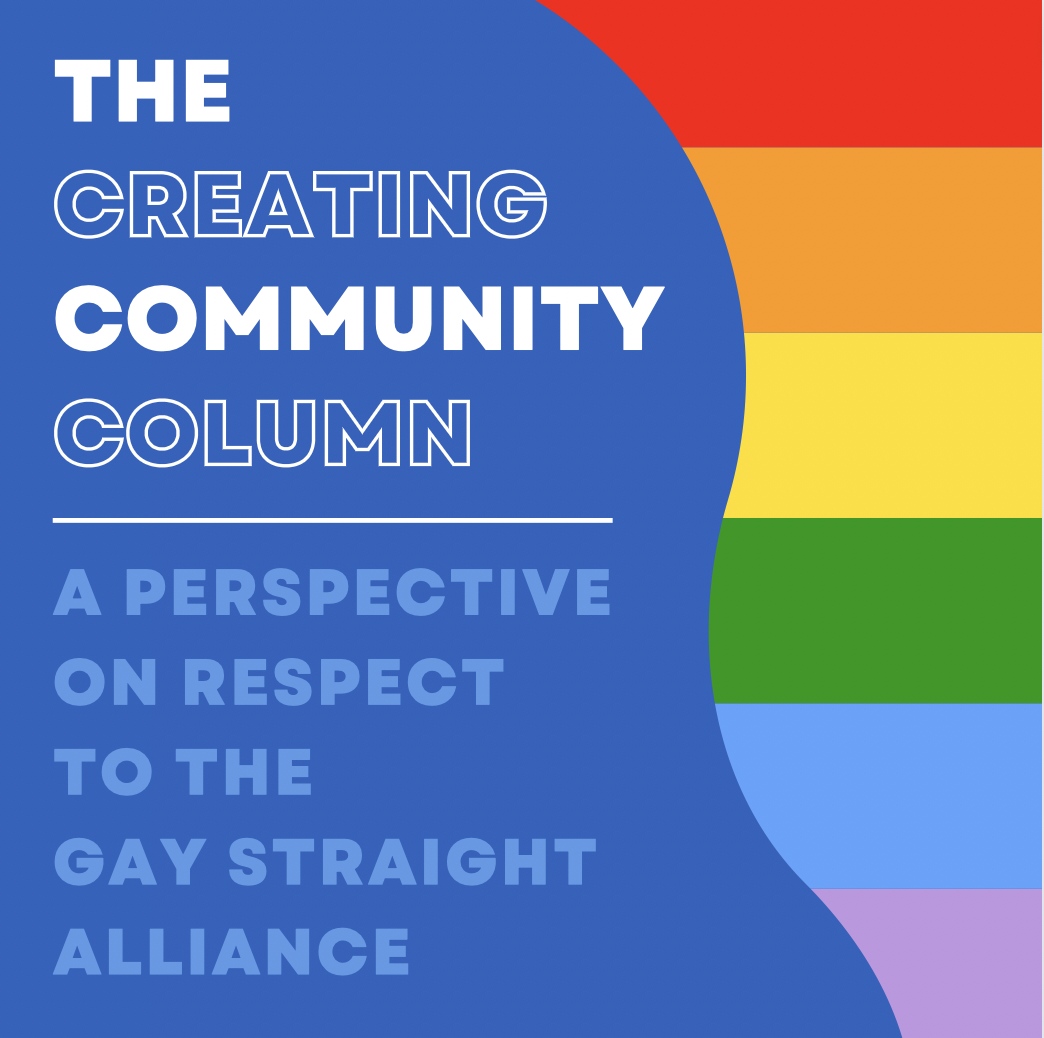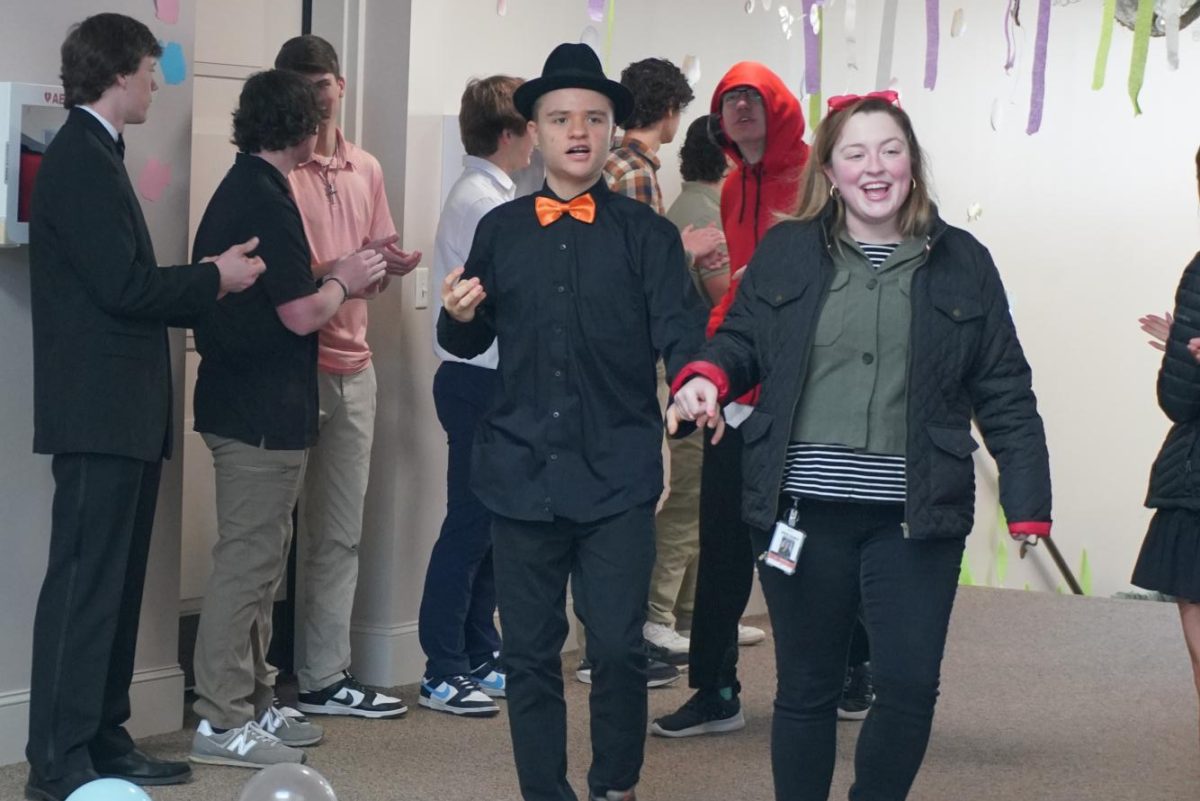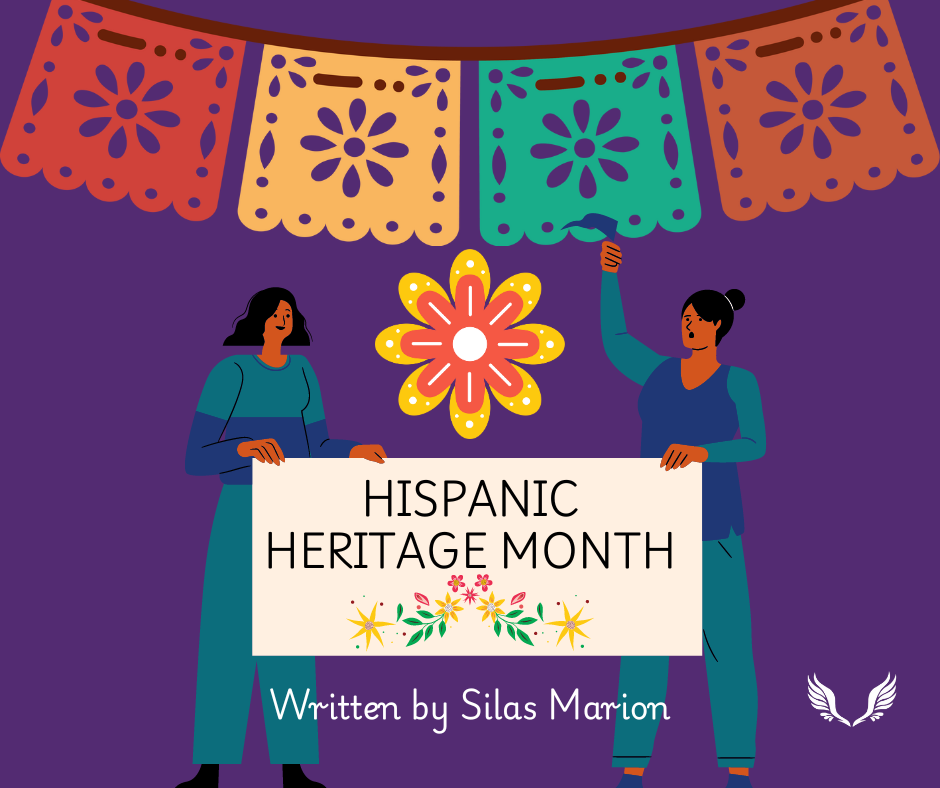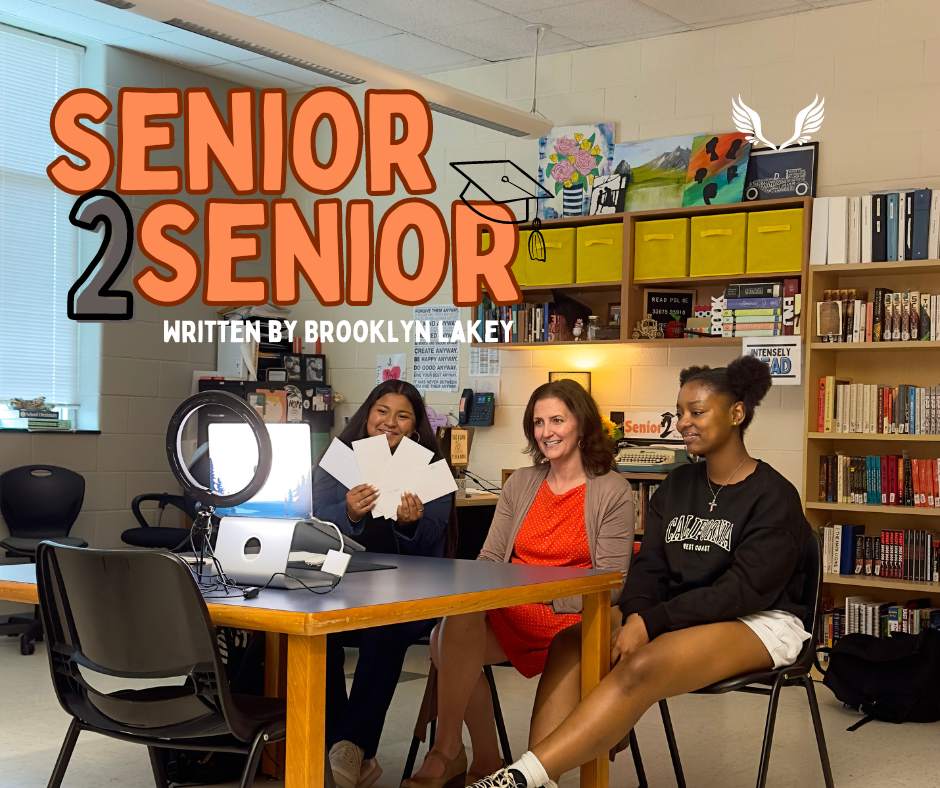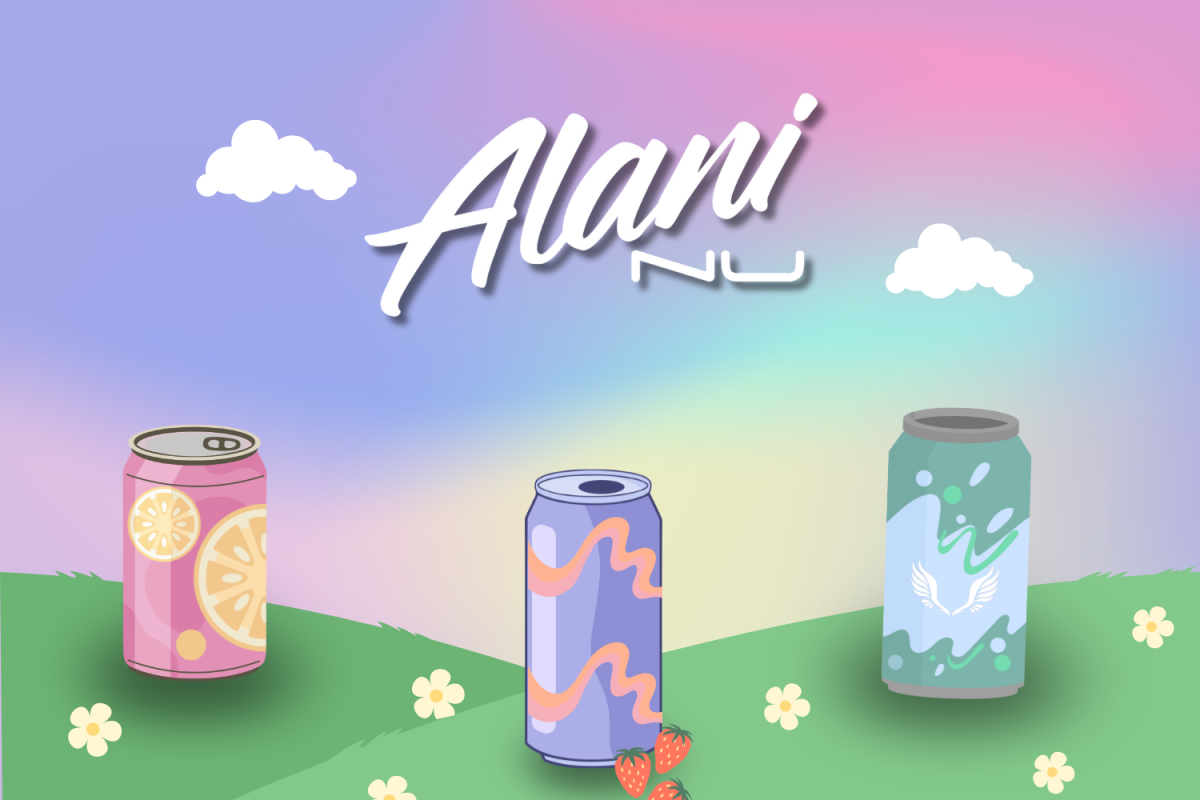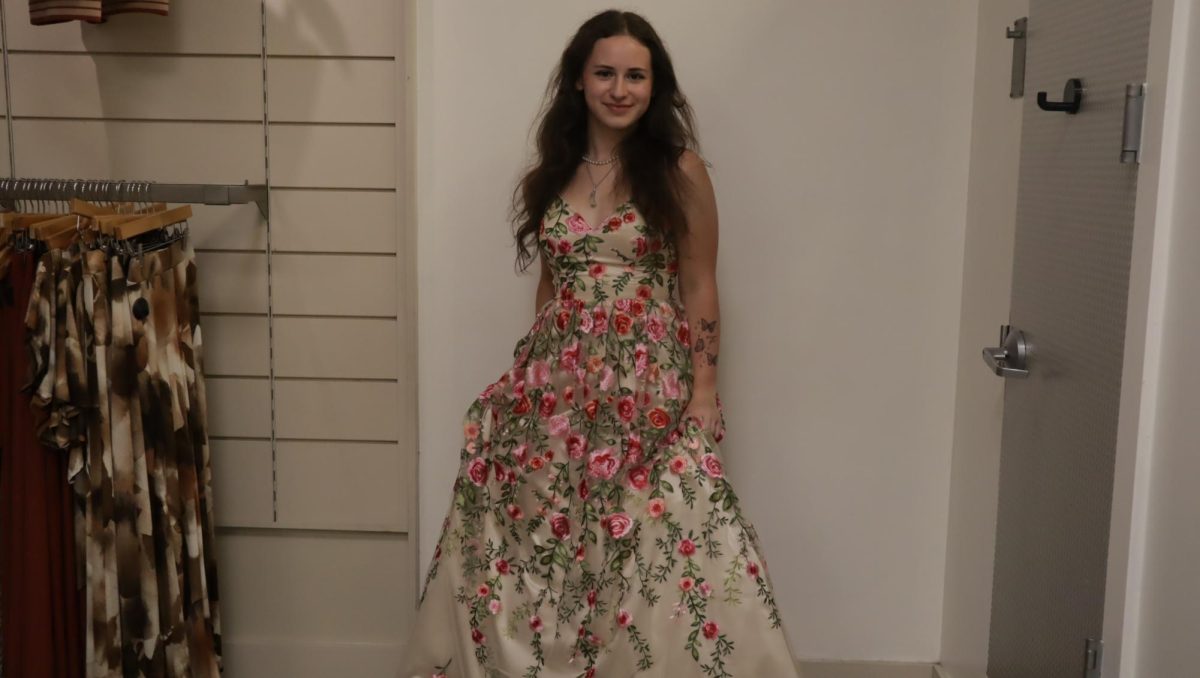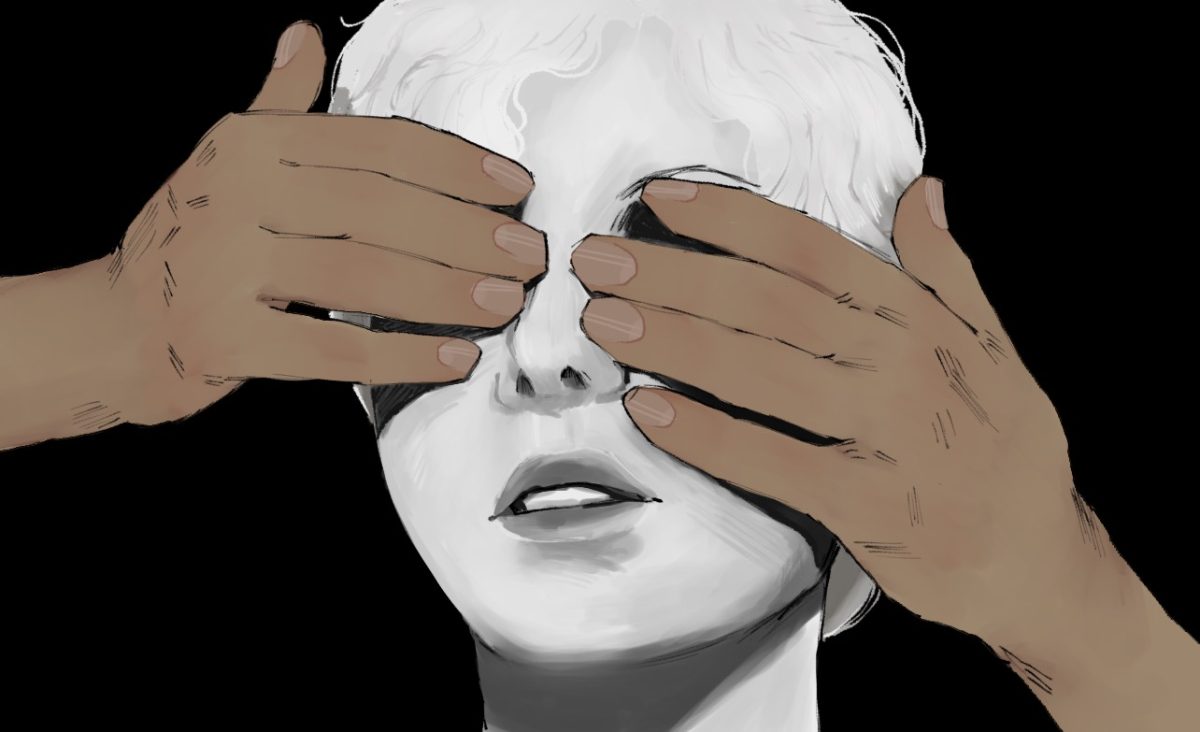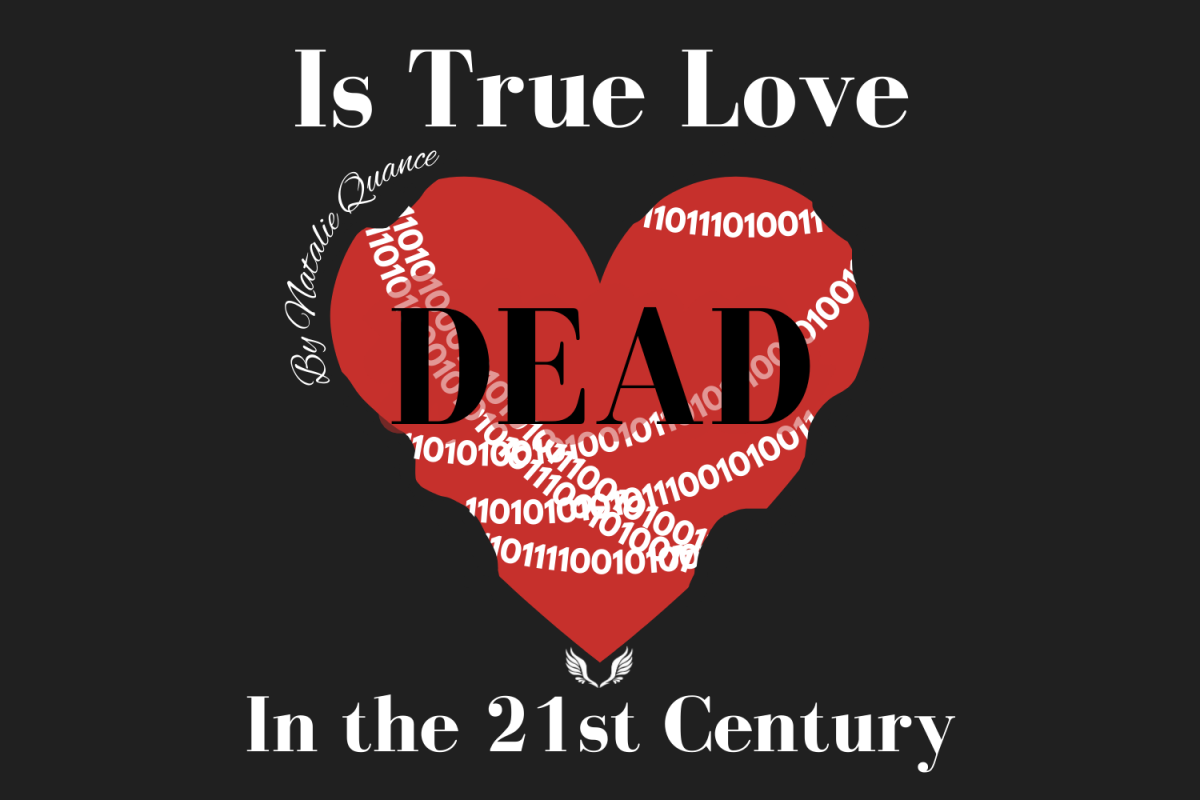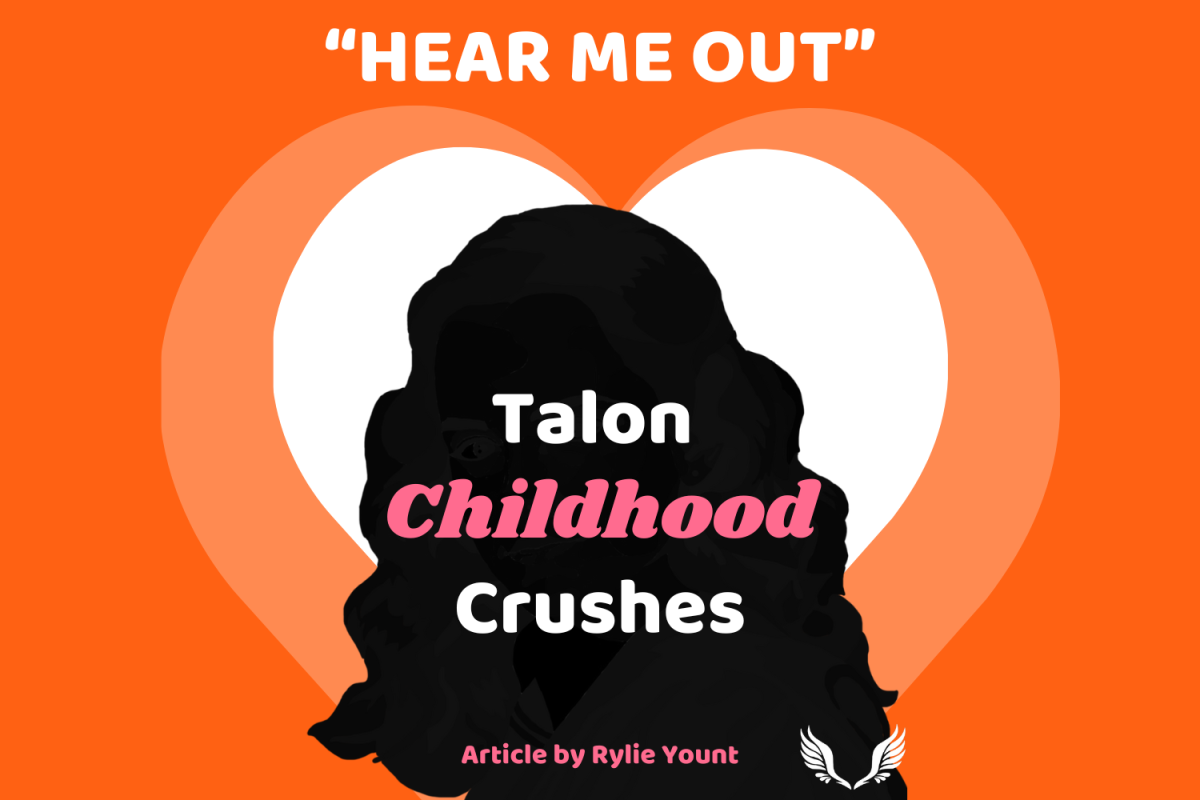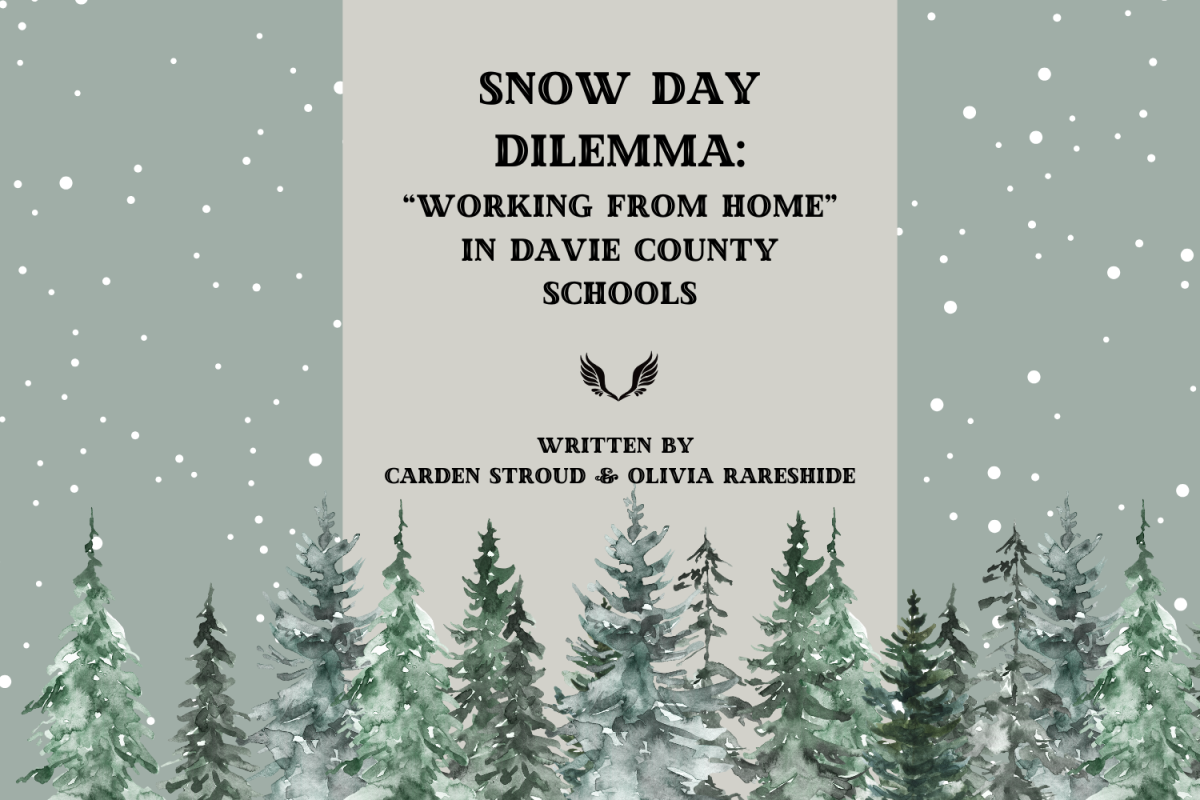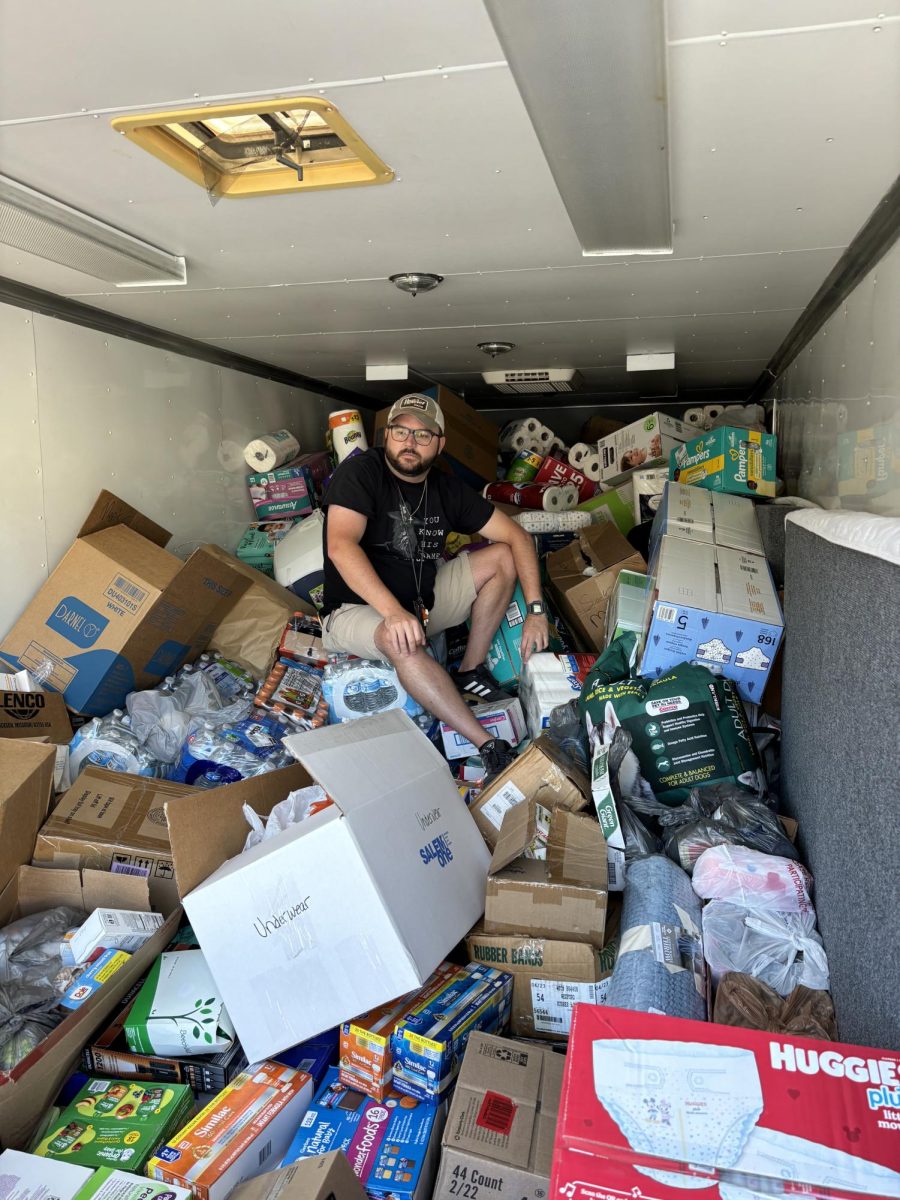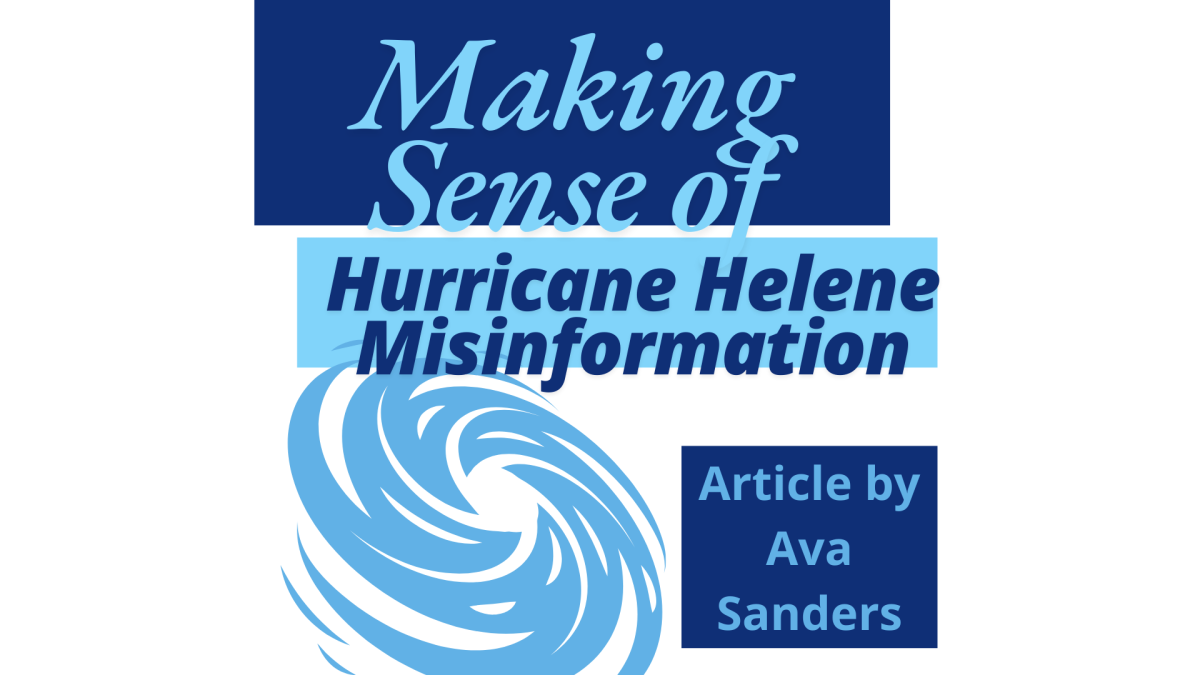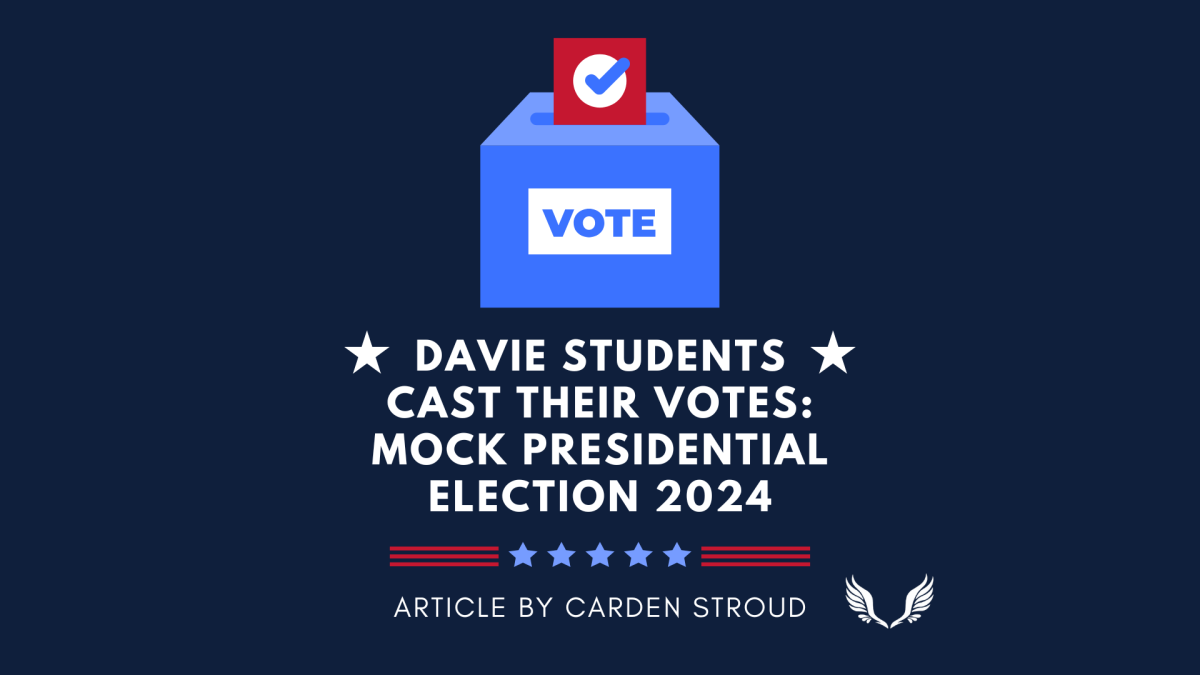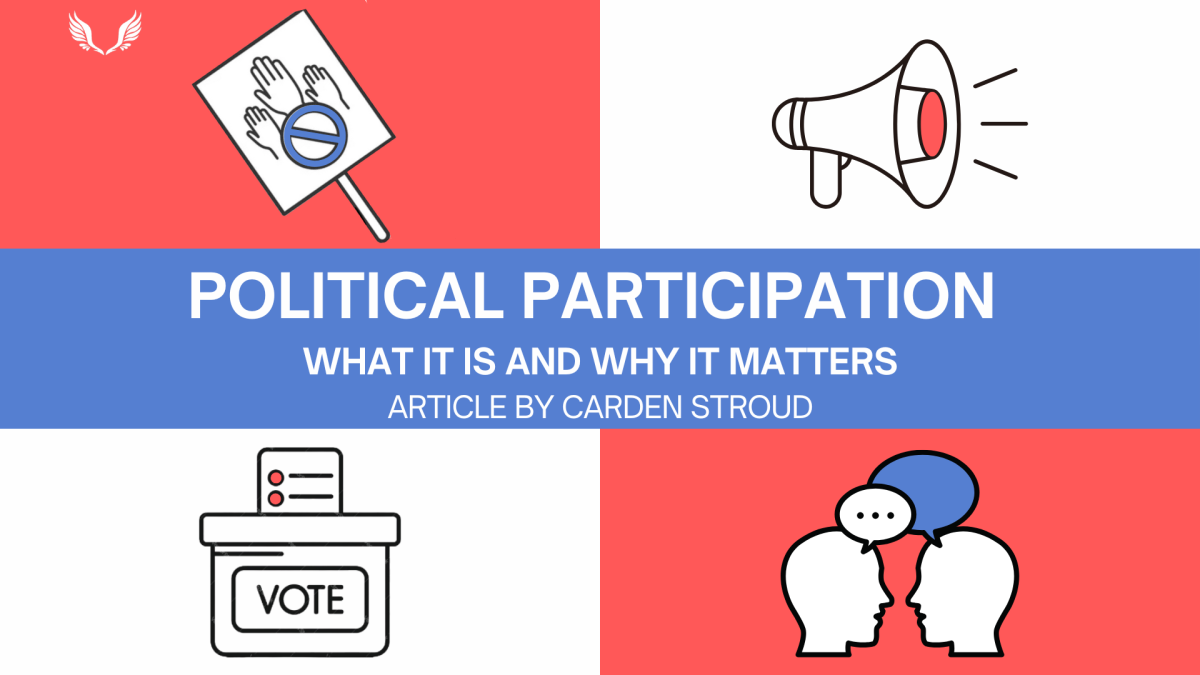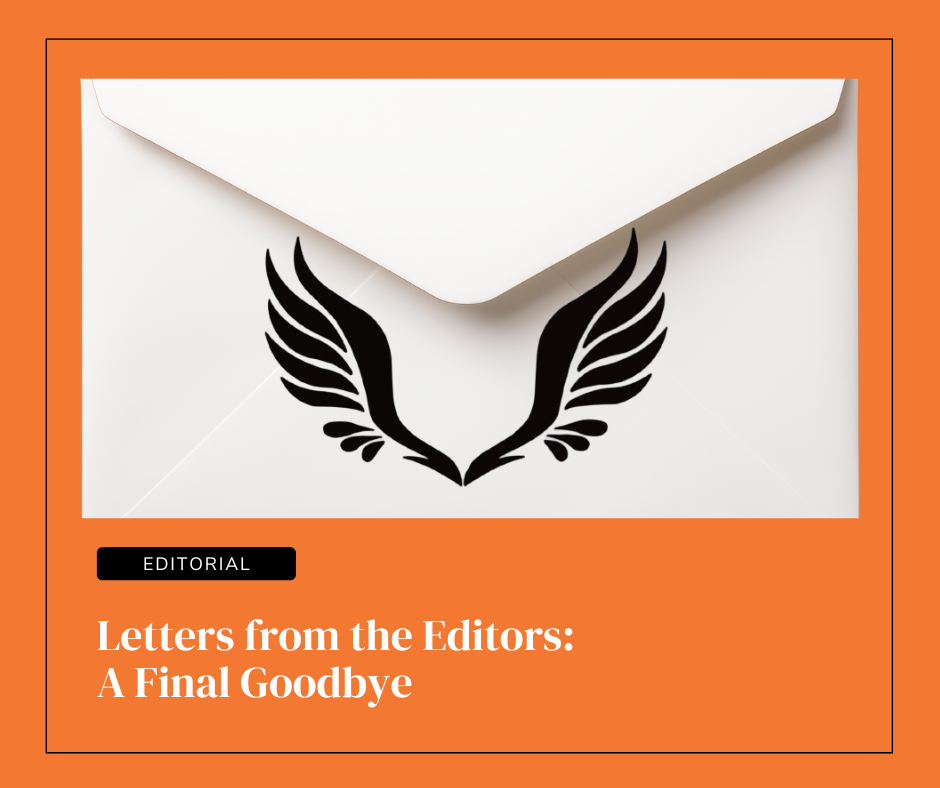An Introduction to the Creating Community Column
In partnership with the Davie Respect Initiative, I have begun a Weekly Talon Special now known as the Creating Community Column. This piece is going to focus on personal definitions of respect held similarly by certain groups within Davie County.
What is Respect?
Most people can recognize the absence of respect whether it be in the classroom, workspace, or in relationships. But despite this, it’s not nearly as easy for us to define what respect is. Respect must be considered from both a social and individual perspective. We learn the basic social guidelines for respect as children. The parental advice to play nice, share with others, say please, thank you, and you’re welcome, lay the foundation for respectful relationships. But what we need to understand is respect is also individually defined for each person through personal experience. Our personal definitions of respect are influenced by our personality, emotions, preferences, and cultural context.
What is the Gay Straight Alliance?
The Gay Straight Alliance club, or GSA for short, is a student-run organization that unites LGBTQ+ and allied youth to build community and organize around issues impacting them in the school and community. The GSA in Davie High was founded with one goal in mind: Create a safe space for students who feel ostracized and bullied for identifying differently than their peers.
Davie has always been a county with strong Judeo-Christian values that have at times inadvertently led to the rejection of those within the LGBTQ+ community. And while societal values continue to evolve, Davie High is still home to a high amount of targetted bullying based on gender and sexuality discrimination. This discrimantion, like any bullying, results in damamged self-esteem, which can cause depression and, in some highly unfortunate cases, self-harm and suicide. So establishing and maintaining a sense of belonging in school is important, with the first step being to understand what respect means to the LGBTQ+ community.
Respect to the Gay Straight Alliance
To the general LGBTQ+ community, respect is simply being kind. Don’t particpate in the use of antigay slurs, use the correct names and pronouns, and speak out whenever you see any bullying or discrimantion based off gender or sexual identity. The Gay Straight Alliance members agree with this definition. Speaking on behalf of its members, the president of GSA notes, “We encourage people to call others out when they are using slurs or making rude statements. No one should make us feel unwelcome, especially in the classroom.”
As a senior at Davie High, I can atest to the negative conatations with which straight, cisgendered students often associate their LGBTQ+ peers. I have seen students rack up collections of pictures they take of students wearing LGBTQ+ flags, ears, and anything that is considered an “unusual” outfit.
Consider how degrading this is. An attempt at self expression at a time where children are only just beginning to understand who they are is normal and it is harming no one. What is harmful, however, is the rejection some of us cast upon them.
And of course, the Gay Straight Alliance and the LGBTQ+ community understand trying to adhere to the beliefs of one’s religion; however, most find it devestating whenever these beliefs are bandied about as the reason for their ostracism.
“I think all of us understand people wanting to stay consistent with what their religion says, and most of us come from a religious background,” a long-standing member of GSA said. “But love is universal. Being a respectful person should be universal. It sucks whenever people say their religion is what is holding them back from calling us the right name or treating us with a modicum of kindness. We are treated like an infection, a disease in need of treatment. Whether it be through prayer, conversion camps, or standard mockery.”
Why Respect Matters to the Gay Straight Alliance
Everyone wants to be treated respectfully. No one likes to feel less than, or even worthless to others. Snide comments, exclusion, humiliation, and the pain associated with those actions are things that we all find ourselves trying to avoid. And that pain, especially when it is endured on a consistent basis by developing children, is incredibly harmful.
Bullying puts all youth at increased risk for depression, suicidal ideation, misuse of drugs and alcohol, and can affect academics as well. A recent report from The Trevor Project, which was published in July of this year, shows that, nationwide, more U.S. high school students who self-identify as lesbian, gay, or bisexual report having experienced high levels of bullying and are over three times more likely to attempt suicide.
This information is all especially important when put into the perspective of another study. Results from the 2019 Youth Risk Behavior Survey demonstrate an increased likelihood in bullying at school based on identifying as LGBTQ+. Students who identify as lesbian, gay, or bisexual (LGB) report having been bullied on school property (32%) and cyberbullied (26.6%) in the past year than their straight peers (17.1% and 14.1%, respectively). The study also showed that more LGBTQ+ students (13.5%) than straight students (7.5%) reported not going to school because of safety concerns resulting from this bullying.
Respect, support, and acceptance or lack thereof play a key role in bullying and its effects. A senior and outspoken member of the LGBTQ+ community commented, “It’s really as simple as that. Feeling unheard and a lack of acceptance makes people want to kill themselves especially when you live somewhere where slurs are consistently used.”
Respect, on the level of our self-identity, determines the level of confidence we have in ourselves. If the majority of our peers and family don’t accept us, or at the very least, respect who we identify as, eventually we will begin to reject ourselves.
What Can You Do to Spread Respect?
The student members of the Gay Straight Alliance provided several ideas to which they wish respect was further seen in both Davie High and the greater community.
Focusing specifically on Davie High for a moment, Junior Kat Woodruff-Carter commented on a practice she’s seen select teachers do. “I adore it whenever teachers pass out the notecards in the beginning of the year asking us to write down our name and preferred pronouns as some of the LGBTQ+ youth are still in the closet. It’s kind and caring and not only makes us feel respected but makes us want to respect you.” This practice, while for the LGBTQ+ youth, is also a great way for any student to express any private concerns they may have for a teacher. I personally have used it more than once to alert teachers to my hearing impairment.
Another and more obvious way that students have requested that respect be shown is through the termination of LGBTQ+ aimed jokes. In an interview, one Davie High freshman named a specific teacher commenting “[He] blatantly makes degrading they/them jokes in class all the time. I understand he’s been conditioned to think it’s funny but it’s not.”
In the greater community, LGBTQ+ students request that you simply maintain the basic principles of respect we have been taught at a young age. Don’t stare, point, or comment on what you see. An adage that encompasses this and something we are all familiar with goes, “If you can’t say something nice, don’t say it at all.”
Those who are different from you still have the feelings that you possess as a living human being. Regardless of difference in opinion, respect is a cornerstone of a great community.
Acknowledgments
In my interviews for this column, I was given a list of some of the most LGBTQ+ supportive teachers at Davie High. Some of the teachers on this list included: Mr. Edwards, Mr. Wood, Coach Adams, Mr. Barker, Mrs. Edminson, Mr. Ferebee, and Mrs. Snider. The Gay Straight Alliance at Davie High would also like to individually thank Ms. Spry and Ms. Coburn as they are the faculty sponsors for the club. All of these teachers have demonstrated an unyielding support as educators and human beings and are the very example of respect.
